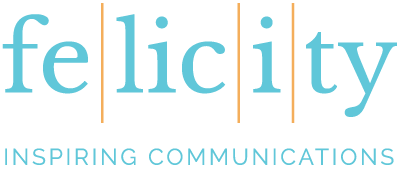What does it take to stand out these days? On the negative side, for some like Paula Deen or the Vancouver Canucks, this is achieved by major communications blunders. Then there are stories of bootstrapped startups transformed into multi-million dollar buyouts, which can—and in this case did —generate a tremendous amount of conversation. The ability to quickly rise in popularity and fall out of favour with audiences has become more and more extreme as the years go by – which is why we’re long overdue for a shift in how we think about what an audience actually is. Not “businesses.” Not “customers.” But instead, people. Humans.
Paula Deen Does It Again
If you read the latest remark from Paula Deen in People Magazine, you could be safe inassuming that her new communications strategy is to try to offend as many people as possible. Despite endorsement deals lost and a major drop in positive public opinion, Deen’s media training still seems rather rusty.
[PRDaily]
Who’s The Loser When Everyone Wins?
When you try to do good, sometimes it can backfire. Especially when the amount of good for which you had planned multiplies beyond the point where it is good for you too. When free tickets to the Heritage Classic were mistakenly issued to all those who entered a contest sponsored by the Vancouver Canucks (rather than just the winners), there was little that could be done to avoid dissapointing a lot of kids. Now the Canucks are faced with finding a solution to make it right. But can they win back the goodwill they lost?
[News1130]
Successful Startup PR Notes
While it’s always interesting to read a CEO or COO’s point of view on how a startup turns into a success, we rarely get a chance to hear what’s happening on the PR front. Viber’s three and a half year journey to a $900M exit is analyzed by the PR professional responsible for making their media relations strategy work.
[VentureBeat]
Human to Human Communications
As marketers, when we lump consumers and businesses together into general terms like “b2c” and “b2b”, we’re putting our critical thinking at a disadvantage. It’s no wonder we see angry mobs and rabid fans form giant circles of positive or negative energy around different messages – we effectively trained them to think as the collective we have been describing them as for years. Let’s stop doing that and instead get back to what’s most important: a human approach.
[Brian Solis]
